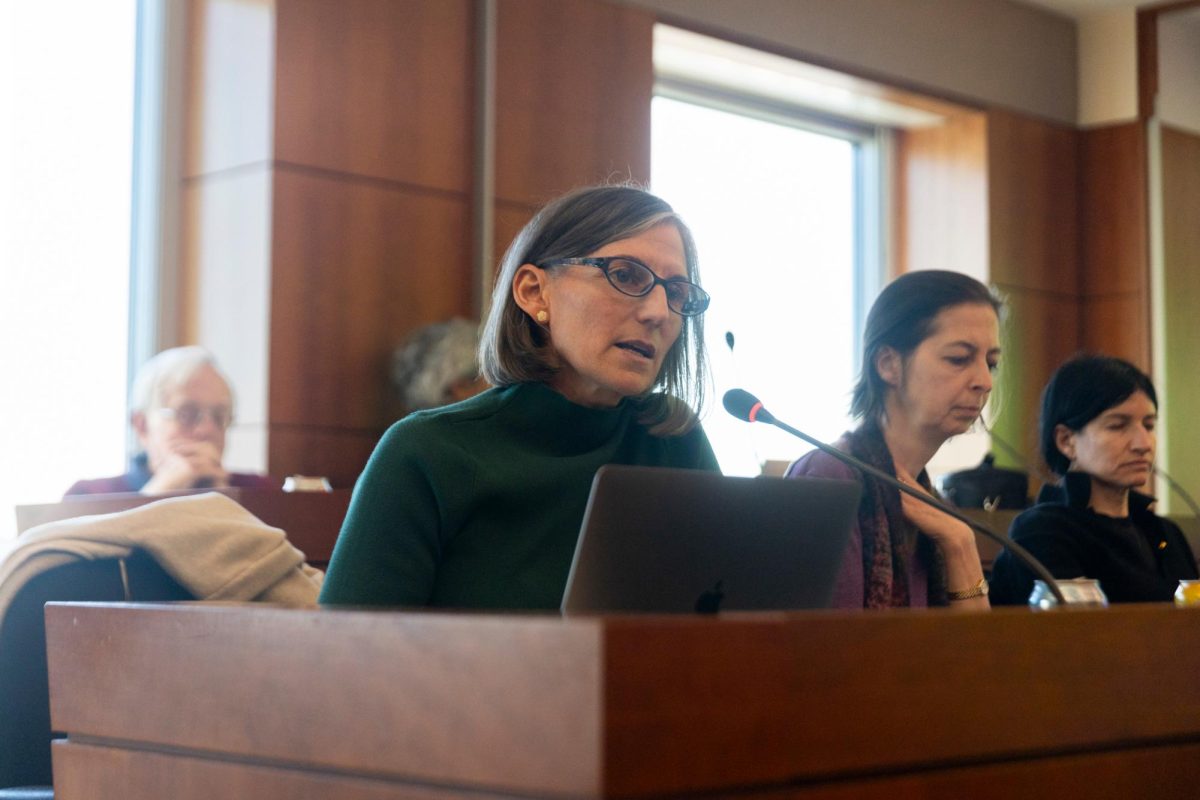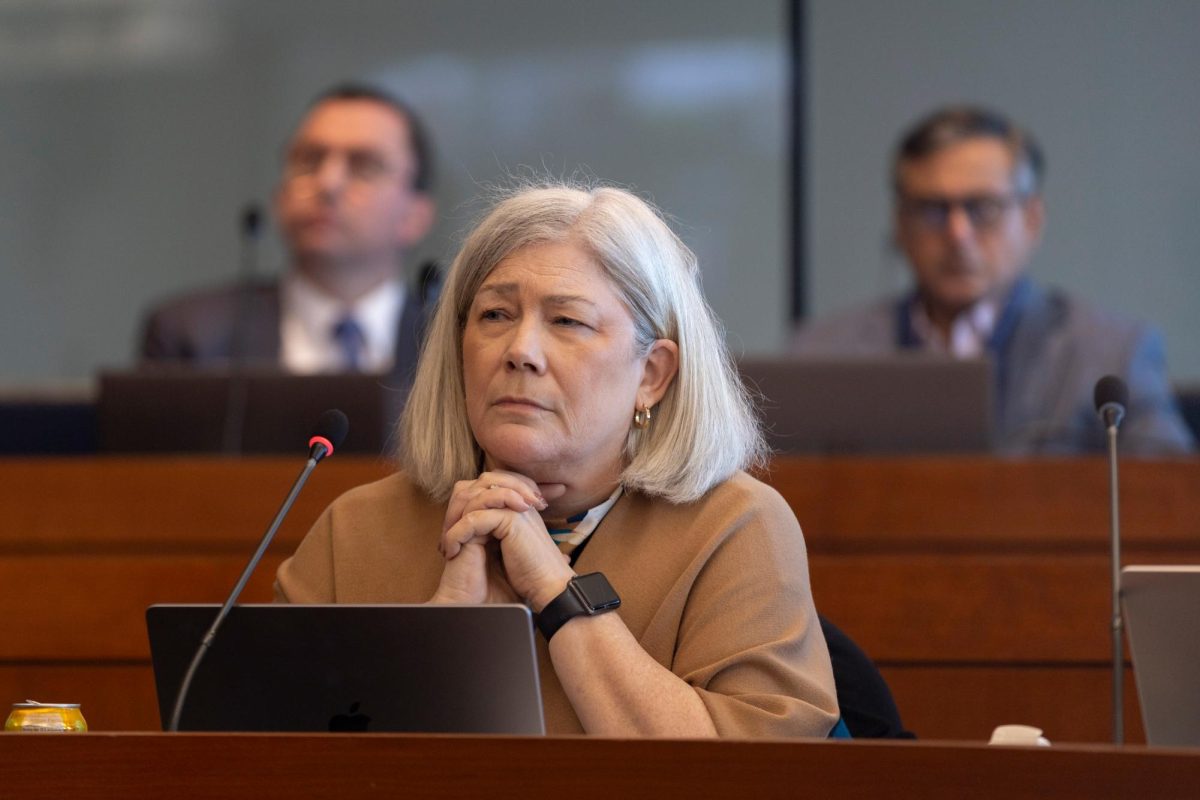The University plans to fully roll out its online referral system this fall to identify at-risk students and keep them at GW.
The CARE Network, a tool that allows members of the University community to voice concerns about students who may be experiencing crises, collected 372 cases as of April 17.
The Dean of Students office coordinated a quiet launch of the CARE Network last fall among staff members, and introduced the site to faculty members through word of mouth this spring. The office is now looking to review outcomes of this year’s pilot, and has spoken to deans of schools and academic advisers to field feedback.
Thirty-five percent of the cases entered into the system this year were identified as mental health related. That figure may be inflated, Senior Assistant Dean Rebecca Sawyer, who has led the project since the fall, said, because professors or staff members often place a “stressed-out” student in this category.
A quarter of cases are reported for academic concerns, compared to 11 percent for social and adjustment issues and 9 percent for medical issues. Students can be reported for concerns including sexual assault, physical abuse, substance use or abuse, loss of a family member and financial issues.
Just 8 percent of cases fell under the GW School of Business, which makes up about 16 percent of the undergraduate population. Roughly 61 percent of cases were reported within the Columbian College of Arts and Sciences, a college totaling about 54 percent of undergraduates.
She said her “dream goal” is to help more students reach graduation. GW’s rate of completion – about 81 percent of students within six years – is lower than many market basket schools, such as Northwestern, Duke and Vanderbilt universities, which boast six-year completion rates of 91 percent or higher.
Sawyer said the network has created “wrap-around, coordinated care” for students, formalizing connections the University’s support services have had in the past when addressing students’ issues. Dean of Students staff have worked informally with the University Counseling Center, house staff and faculty members to reach out to students.
Mark Levine, interim director of the counseling center, said the counselors “work hard to ensure the student is aware of our resources,” adding that students ultimately decide if they want to take advantage of the resources.
Just 18 out of the 372 cases were defined as “high risk,” referring to cases who reported for serious mental or physical health concerns, and students who were entered into the system by multiple members of the University.
“If they end up leaving, it’s them choosing to leave. It’s not them not knowing where to go for help,” Sawyer said. “If they do decide to leave, we know why they’re leaving, and we can make adjustments to our support.”
The software collects data on students who pass through the system – recording information such as their school at GW, their place of residence and their class year – which allows the University to better track the type of student who decides to leave GW.
Associate Dean of Students Tim Miller said house staff and community directors are often the “front lines” of the CARE Network, checking in with students who have been entered into the system and then reporting to full-time staff who will update the status of their cases in the system.
“There are students who would fall through the cracks if not for the CARE Network,” Miller said. “We get past the symptom, and we get to the cause.”
Helen Cannaday Saulny, associate vice president and dean of student academic success, will evaluate the effectiveness of this year’s soft rollout with Sawyer.
“Our students seem to be happy. We haven’t had any complaints like, ‘I wish you hadn’t contacted me. I’m fine,’ ” Saulny said.
Sawyer has met with dozens of students – typically those identified as high risk – throughout the year.
She has developed a relationship this year with a sophomore transfer student who lived on the Mount Vernon Campus. Sawyer said she made the student feel more at home at GW by connecting her to student organizations, academic advisers and the housing office.
“She’s still here,” Sawyer said. “I think she’ll stay through graduation.”






